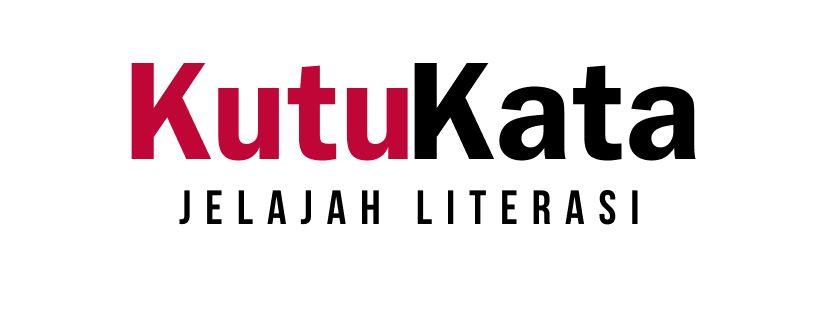Islamic schools suffer from a skewed view of intelligence, and it has done much damage to the education of our generations, and the ones before them.

By Sayed Hyder[1]
Howard Gardner, in his book, “Multiple Intelligences: New Horizons“, suggested to incorporate eight features if we want to refresh our perspectives on education:
Emphasis on Assessment Rather than Testing
Assessment should be separate from evaluation and testing, or at the very least it must be emphatically understood that evaluation and testing form only a minor component of the entire assessment process, and are increasingly losing their significance in event that small part as well. Assessment on the other hand is a must my mind, it is the proper mission of educated per- sons, as well as those who are under their charge, to engage in regular and appropriate reflection on their goals, the various means of achieving them, their success (or lack thereof) in achieving them, and the implications of the assessment for rethinking goals or procedures.
I define assessment as the obtaining of information about a person’s skills and potentials with the dual goals of providing useful feedback to the person and useful data to the surrounding community. What distinguishes assessment from testing is the former’s favoring of techniques that elicit in- formation in the course of ordinary performance and its general uneasi- ness with the use of formal instruments administered in a neutral, decontextualized setting.
Assessment as Simple, Natural, and Occurring on a Reliable Schedule
Rather than being imposed by external authorities at odd times during the year, assessment ought to become part of the natural learning environment. As much as possible, it should occur “on the fly,” as part of an individual’s natural engagement in a learning situation.
As assessment gradually becomes part of the landscape, it no longer needs to be set off from the rest of classroom activity. As in a good appren- ticeship, the teachers and the students are always assessing. There is also no need to “teach for the assessment” because the assessment is ubiquitous; indeed, the need for formal tests might atrophy altogether.
Ecological Validity
Returning to our example of the apprenticeship, it would make little sense to question the validity of the judgments by masters. They are so intimately associated with their respective novices that they can probably predict each novice’s behaviors with a high degree of accuracy. When such prediction does not occur reliably, trouble lies ahead. I believe that the assessments used today have moved too far away from the territory that they are supposed to cover. When individuals are assessed in situations that moreclosely resemble actual working conditions, it is possible to make much better predictions about their ultimate performance.
Instruments That Are “Intelligence-Fair”
Most testing instruments are biased heavily in favor of two varieties of intelligence—linguistic and logical-mathematical. The solution—easier to describe than to realize—is to devise instruments that are intelligence fair, that peer directly at the intelligence in operation rather than proceeding via the detour of linguistic and logical faculties. Spatial intelligence can be assessed by having a person navigate around an unfamiliar territory; bodily intelligence by seeing how the per- son learns and remembers a new dance or physical exercise; interpersonal intelligence by watching him or her handle a dispute with a sales clerk or navigate an agenda through a difficult committee meeting. These homely instances indicate that “intelligence-fairer” measures could be devised, although they cannot necessarily be implemented in the psychological laboratory or the testing hall.
Uses of Multiple Measures
Few practices are more nefarious in education than the drawing of wide- spread educational implications from the composite score of a single test—like the Wechsler Intelligence Scale for Children. Even intelligence tests contain subtests, and, at the very least, recommendations ought to take into account the differences among these subtests and the strategies for approaching particular items (Kaplan, 1983).
Attention to a range of measures designed specifically to tap different facets of the capacity in question is even more desirable.
Sensitivity to Individual Differences, Developmental Levels, and Forms of Expertise
Assessment programs that fail to take into account the vast differences among individuals, developmental levels, and varieties of expertise are increasingly anachronistic. Formal testing could, in principle, be adjusted to take these documented variations into account. But it would require a suspension of some of the key assumptions of standardized testing, such as uniformity of individuals in key respects (for example, in developmental level) and the penchant for cost-efficient instruments.
Use of Intrinsically Interesting and Motivating Materials
A good assessment instrument should be a learning experience. But more to the point, it is extremely desirable to have assessment occur in the context of students working on problems, projects, or products that genuinely engage them, that hold their interest and motivate them to do well. Such exercises may not be as easy to design as the standard multiple-choice entry, but they are far more likely to elicit a student’s full repertoire of skills and to yield information that is useful for subsequent advice and placement.
Application of Assessment for the Student’s Benefit
Psychologists spend far too much time ranking individuals and not nearly enough time helping them. Assessment should be undertaken primarily to aid students. The assessor should provide feedback to the student that will be helpful immediately: identifying areas of strength as well as weakness, giving suggestions on what to study or work on, pointing out which habits are productive and which are not, indicating what can be expected in the way of future assessments, and the like. It is especially important that some of the feedback take the form of concrete suggestions and indicate relative strengths to build on, independent of the student’s ranking in a comparable group of students.
Islamic schools suffer from these as much as any other schools. It is therefore imperative to work at multiple fronts. Changing the paradigms of teachers, students and the school management is not enough, but it is also imperative to have programs to share these research based findings to the parents and the community at large. A skewed view of intelligence has done much damage to the education of our generations, and the ones before them, so it is our duty to ensure that the coming generations do not suffer in the same way.
Footnotes:
[1] Educator and Contributor to Gana Islamika

